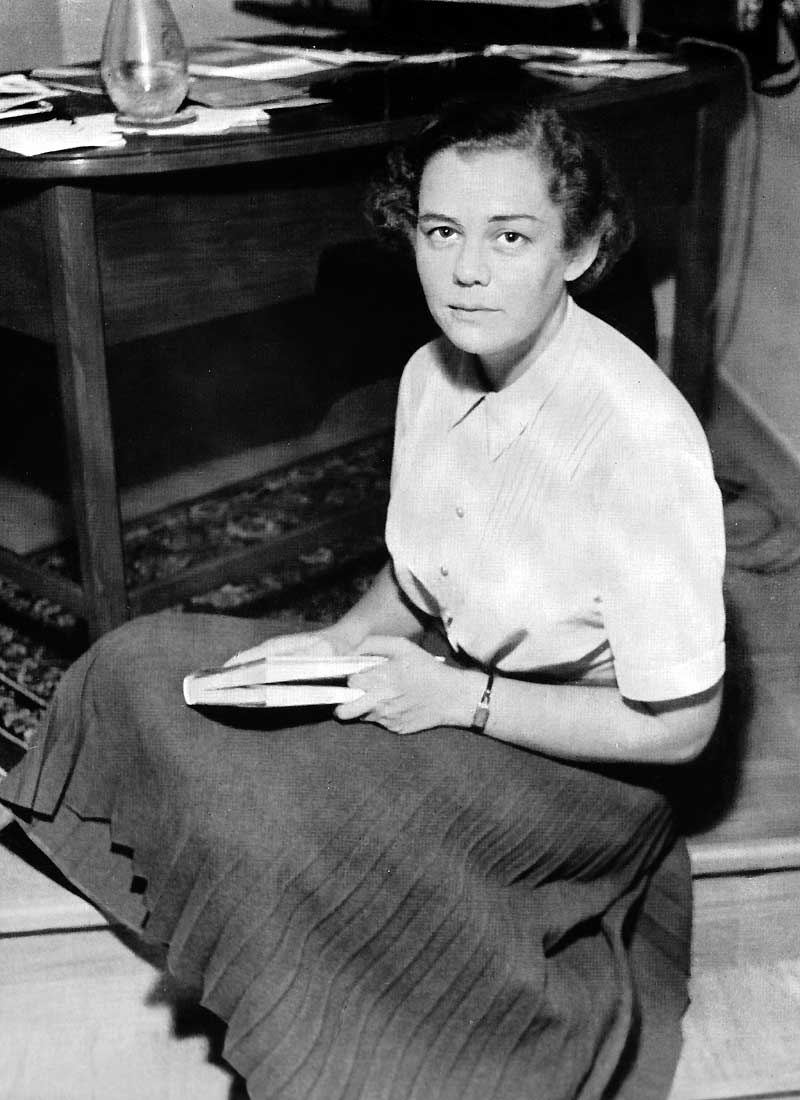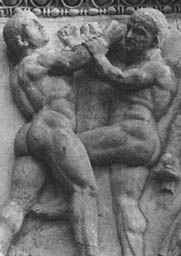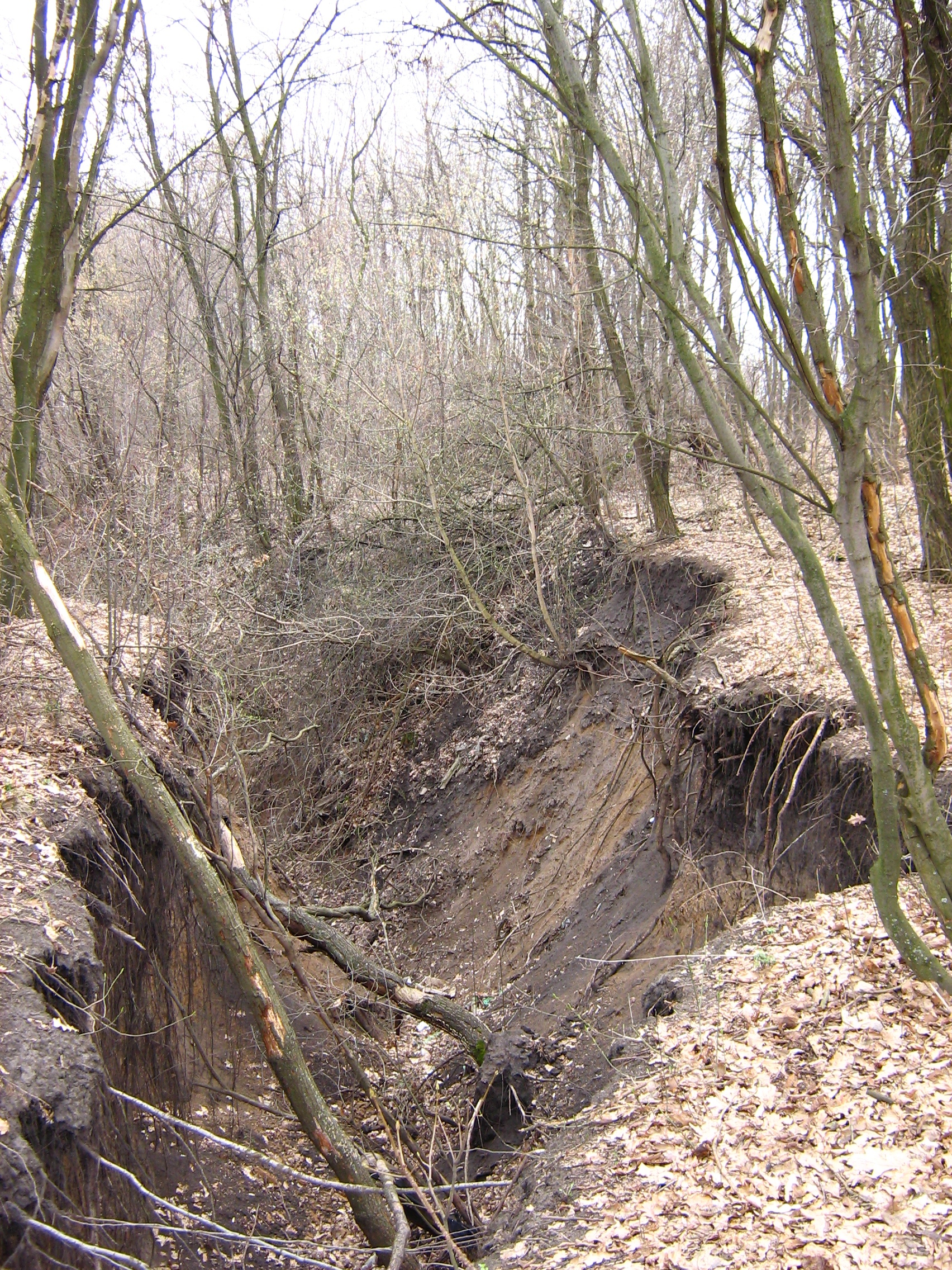|
Faster, Pussycat! Kill! Kill!
''Faster, Pussycat! Kill! Kill!'' is a 1965 American exploitation film directed by Russ Meyer and co-written by Meyer and Jack Moran. It follows three go-go dancers who embark on a spree of kidnapping and murder in the California desert. The film is known for its violence, provocative gender roles, and eminently quotable "dialogue to shame Raymond Chandler". It is also remembered for the performance of star Tura Satana, whose character Richard Corliss called "the most honest, maybe the one honest, portrayal in the Meyer canon". ''Faster, Pussycat!'' was a commercial and critical failure upon its initial release, but it has since become widely regarded as an important and influential film. Plot Three wild, uninhibited go-go dancers — Billie, Rosie, and Varla — dance at a club before racing their sports cars across the California desert. They play a high-speed game of chicken on the salt flats and encounter a young couple, Tommy and Linda, out to run a time trial. After breaki ... [...More Info...] [...Related Items...] OR: [Wikipedia] [Google] [Baidu] |
Russ Meyer
Russell Albion Meyer (March 21, 1922 – September 18, 2004) was an American film director, producer, screenwriter, cinematographer, and editor. He is known primarily for writing and directing a series of successful sexploitation films that featured campy humor, sly satire and large-breasted women, such as '' Faster, Pussycat! Kill! Kill!''. Meyer often named '' Beyond the Valley of the Dolls'' (1970) as his definitive work. Early years Russ Meyer was born in San Leandro, California, the son of Lydia Lucinda (Hauck) and William Arthur Meyer, an Oakland police officer. His parents were both of German descent. Meyer's parents divorced soon after he was born, and Meyer was to have virtually no contact with his father during his life. When he was 14 years old, his mother pawned her wedding ring in order to buy him an 8 mm film camera. He made a number of amateur films at the age of 15, and served during World War II as a U.S. Army combat cameraman for the 166th Signal Photo ... [...More Info...] [...Related Items...] OR: [Wikipedia] [Google] [Baidu] |
Chicken (game)
The game of chicken, also known as the hawk–dove game or snowdrift game, is a model of conflict for two players in game theory. The principle of the game is that while the ideal outcome is for one player to yield (to avoid the worst outcome if neither yields), the individuals try to avoid it out of pride for not wanting to look like a "chicken". Each player taunts the other to increase the risk of shame in yielding. However, when one player yields, the conflict is avoided, and the game is for the most part over. The name "chicken" has its origins in a game in which two drivers drive toward each other on a collision course: one must swerve, or both may die in the crash, but if one driver swerves and the other does not, the one who swerved will be called a "chicken", meaning a coward; this terminology is most prevalent in political science and economics. The name "hawk–dove" refers to a situation in which there is a competition for a shared resource and the contestants can cho ... [...More Info...] [...Related Items...] OR: [Wikipedia] [Google] [Baidu] |
The Virgin Spring
''The Virgin Spring'' ( sv, Jungfrukällan) is a 1960 Swedish rape and revenge film directed by Ingmar Bergman. Set in medieval Sweden, it is a tale about a father's merciless response to the rape and murder of his young daughter. The story was adapted by screenwriter Ulla Isaksson from a 13th-century Swedish ballad, "Töres döttrar i Wänge" ("Töre's daughters in Vänge"). Bergman researched the legend of Per Töre with an eye to an adaptation, considering an opera before deciding on a film version. Given criticism of the historical accuracy of his 1957 film ''The Seventh Seal'', he also invited Isaksson to write the screenplay. Other influences included the 1950 Japanese film ''Rashomon''. Max von Sydow played Töre. Isaksson and Bergman explored a number of themes in ''The Virgin Spring'', questioning morals, vengeance, and religious beliefs. The rape scene was also subject to censorship in screenings in the United States. The film won the Academy Award for Best Foreign Lan ... [...More Info...] [...Related Items...] OR: [Wikipedia] [Google] [Baidu] |
The Desperate Hours (1955 Film)
''The Desperate Hours'' is a 1955 film noir starring Humphrey Bogart and Fredric March. It was produced and directed by William Wyler and based on the 1954 novel and 1955 play of the same name, written by Joseph Hayes, which were loosely built on actual events. The film takes place on the Northside of Indianapolis and took great pains to be accurate as to street names and locations within the city and Indiana in general. The original Broadway production had actor Paul Newman in the Bogart role but he was passed over for the movie because Bogart was a much bigger star. The character of Glenn Griffin was made older in the script so Bogart could play the part. Bogart said he viewed the story as " Duke Mantee grown up." Spencer Tracy was originally cast as Daniel Hilliard. Although he and Bogart were very good friends, both insisted on top billing, and Tracy eventually withdrew from the picture. Fredric March replaced Tracy. ''The Desperate Hours'' was the first black-and-whi ... [...More Info...] [...Related Items...] OR: [Wikipedia] [Google] [Baidu] |
Good Morning And
In most contexts, the concept of good denotes the conduct that should be preferred when posed with a choice between possible actions. Good is generally considered to be the opposite of evil and is of interest in the study of ethics, morality, philosophy, and religion. The specific meaning and etymology of the term and its associated translations among ancient and contemporary languages show substantial variation in its inflection and meaning, depending on circumstances of place and history, or of philosophical or religious context. History of Western ideas Every language has a word expressing ''good'' in the sense of "having the right or desirable quality" ( ἀρετή) and ''bad'' in the sense "undesirable". A sense of moral judgment and a distinction "right and wrong, good and bad" are cultural universals. Plato and Aristotle Although the history of the origin of the use of the concept and meaning of "good" are diverse, the notable discussions of Plato and Aristotle ... [...More Info...] [...Related Items...] OR: [Wikipedia] [Google] [Baidu] |
Common Law Cabin
''Common Law Cabin'' (original title ''How Much Loving Does a Normal Couple Need?'') is a 1967 exploitation film directed by Russ Meyer. The movie features Alaina Capri and Meyer regulars Babette Bardot and Jack Moran. Plot Dewey Hoople (Jack Moran) runs a broken down tourist trap along the Colorado River along with his French wife Babette (Babette Bardot) and his daughter Coral (Adele Rein). Business is so bad that Hoople must pay a local alcoholic (Frank Bolger as "Cracker") to entice tourists, called "suckers", to spend some time and money there. Cast * Babette Bardot as Babette * Frank Bolger as Cracker * Alaina Capri as Sheila Ross * John Furlong as Dr. Martin Ross * Andrew Hagara as Laurence Talbot III * Jackie Moran as Dewey Hoople * Adele Rein as Coral Hoople * Ken Swofford as Barney Rickert Production It was co-written by Russ Meyer and Jack Moran, and filmed on location on the Colorado River in Arizona. Other portions of the film were shot in the Coachella Valley ... [...More Info...] [...Related Items...] OR: [Wikipedia] [Google] [Baidu] |
Toronto Star
The ''Toronto Star'' is a Canadian English-language broadsheet daily newspaper. The newspaper is the country's largest daily newspaper by circulation. It is owned by Toronto Star Newspapers Limited, a subsidiary of Torstar Corporation and part of Torstar's Daily News Brands division. The newspaper's offices are located at One Yonge Street in the Harbourfront neighbourhood of Toronto. The newspaper was established in 1892 as the ''Evening Star'' and was later renamed the ''Toronto Daily Star'' in 1900, under Joseph E. Atkinson. Atkinson was a major influence in shaping the editorial stance of the paper, with the paper having reflected his values until his death in 1948. The paper was renamed the ''Toronto Star'' in 1971. The newspaper introduced a Sunday edition in 1973. History The ''Star'' was created in 1892 by striking '' Toronto News'' printers and writers, led by future mayor of Toronto and social reformer Horatio Clarence Hocken, who became the newspaper's founde ... [...More Info...] [...Related Items...] OR: [Wikipedia] [Google] [Baidu] |
Paul Trinka
Paul Francis Trinka (January 26, 1932 – December 28, 1973) was an American film and television actor. He was known for playing Patterson in the American science fiction television series ''Voyage to the Bottom of the Sea''. Life and career Trinka was born in Blairsville, Pennsylvania to Mrs. Gabriel (Panac) Trinka and Joseph Trinka. He also had 4 sisters - Ann Coster; Mary Shaw; Mildred Strbak; Helen Curtis and 1 brother -Joseph Jr. He attended Blairsville Middle-High School where he graduated in 1952, and served in the United States Army in Korea. He also served in the United States Air Force. After being discharged, Trinka attended Los Angeles City College, where he studied in drama and psychology. He performed in theatre in New York and Los Angeles, California. Trinka began his screen career in 1959, appearing in the film ''Operation Dames''. He also guest-starred in television programs including ''Ben Casey'', ''My Three Sons'' and '' Adventures in Paradise''. Trinka ... [...More Info...] [...Related Items...] OR: [Wikipedia] [Google] [Baidu] |
Stuart Lancaster (actor)
Stuart Gage Lancaster (November 30, 1920 – December 22, 2000) was an American actor known for roles in Russ Meyer films. Biography Born in Evanston, Illinois, Lancaster's grandfather was circus owner Charles Ringling. He served as an aviator in the United States Navy in World War II. He moved to Los Angeles in 1962. Lancaster appeared in several Meyer films, including ''Mudhoney'', '' Faster, Pussycat! Kill! Kill!'', '' Good Morning and... Goodbye!'', '' Supervixens'', and '' Beneath the Valley of the Ultra-Vixens''. He also had a recurring role on '' The Young and the Restless'' and a part in '' Edward Scissorhands''. He was sometimes credited as Stewart Lancaster or Stud Lancaster. Lancaster was the founder and director of the Palm Tree Playhouse in Sarasota, Florida. He died in Los Angeles, California. His wife Ivy Bethune and stepdaughter Zina Bethune were both actresses. He had five children, Mark Lancaster, Paul Gooding, Lynne Lancaster, John Lancaster aka Gu ... [...More Info...] [...Related Items...] OR: [Wikipedia] [Google] [Baidu] |
Hand-to-hand Combat
Hand-to-hand combat (sometimes abbreviated as HTH or H2H) is a physical confrontation between two or more persons at short range ( grappling distance or within the physical reach of a handheld weapon) that does not involve the use of weapons.Hunsicker, A., ''Advanced Skills in Executive Protection'', Boca Raton FL: Universal Publishers, , , p. 51 The phrase "hand-to-hand" sometimes include use of melee weapons such as knives, swords, clubs, spears, axes, or improvised weapons such as entrenching tools. While the term "hand-to-hand combat" originally referred principally to engagements by combatants on the battlefield, it can also refer to any personal physical engagement by two or more people, including law enforcement officers, civilians, and criminals. Combat within close quarters, to a range just beyond grappling distance, is commonly termed close combat or close-quarters combat. It may include lethal and non-lethal weapons and methods depending upon the restric ... [...More Info...] [...Related Items...] OR: [Wikipedia] [Google] [Baidu] |
Gully
A gully is a landform created by running water, mass movement, or commonly a combination of both eroding sharply into soil or other relatively erodible material, typically on a hillside or in river floodplains or terraces. Gullies resemble large ditches or small valleys, but are metres to tens of metres in depth and width and are characterised by a distinct 'headscarp' or 'headwall' and progress by headward (i.e. upstream) erosion. Gullies are commonly related to intermittent or ephemeral water flow usually associated with localised intense or protracted rainfall events, or snowmelt. Gullies can be formed and accelerated by cultivation practices on hillslopes (often gentle gradient) in farmland, and they can develop rapidly in rangelands from existing natural erosion forms subject to vegetative cover removal and livestock activity. Etymology The earliest known usage of the term is from 1657. It originates from the French word ''goulet'', a diminutive form of ''goule'' which ... [...More Info...] [...Related Items...] OR: [Wikipedia] [Google] [Baidu] |
.jpg)
_-_cropped.jpg)





